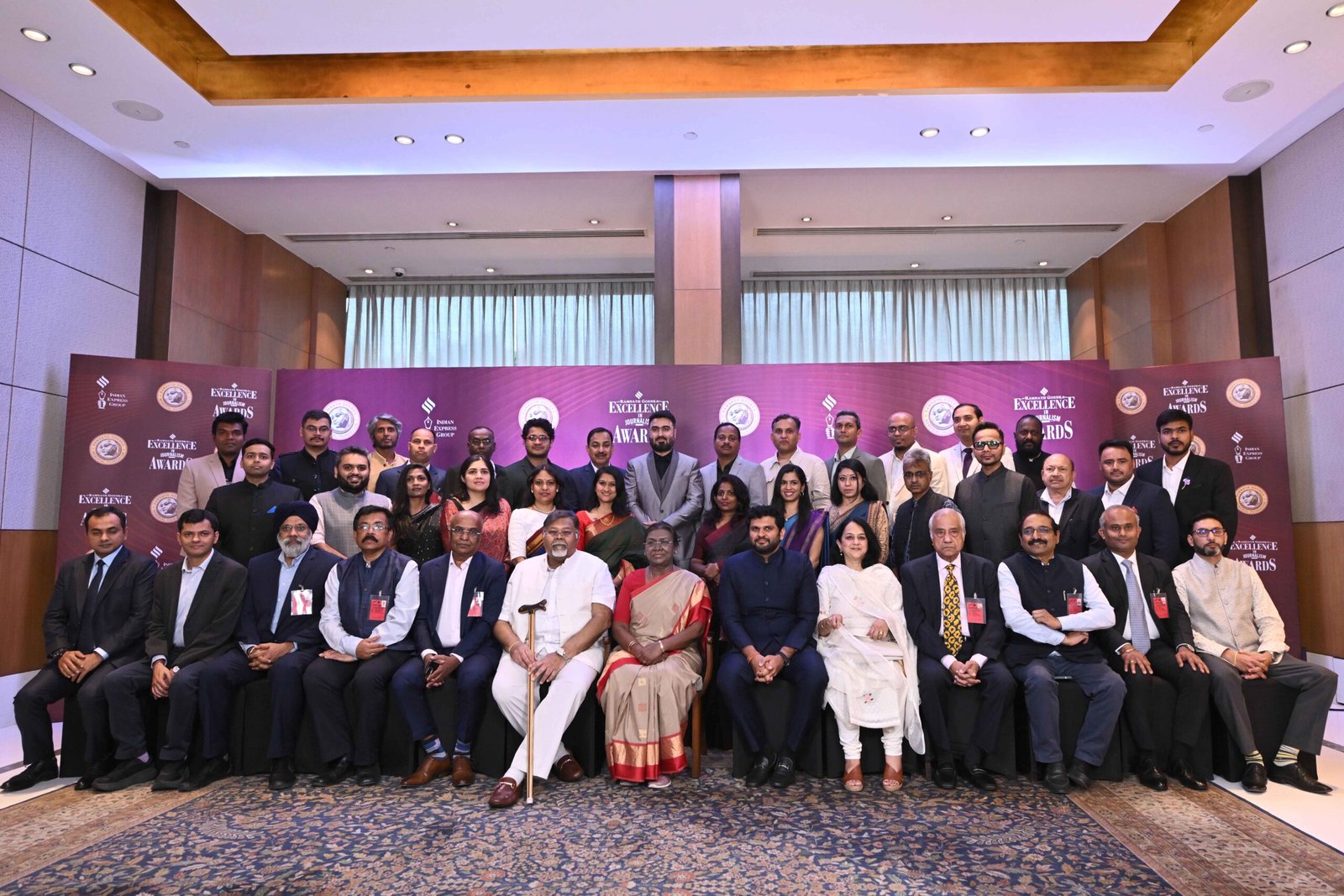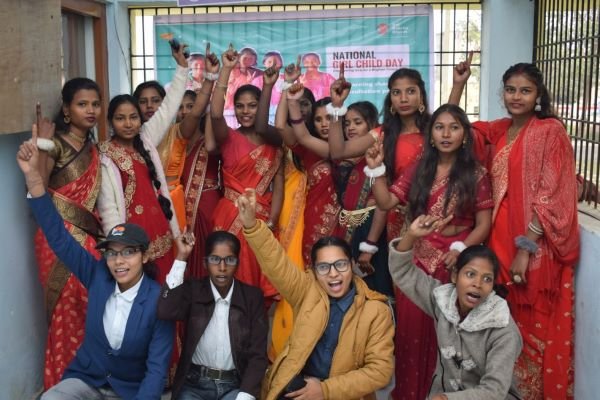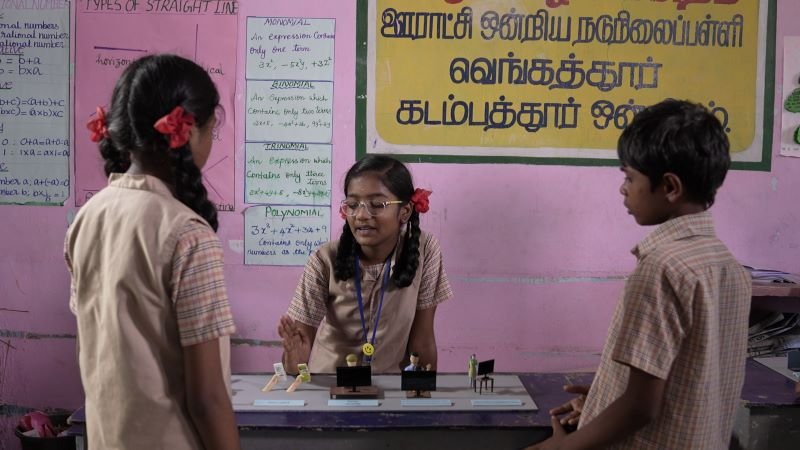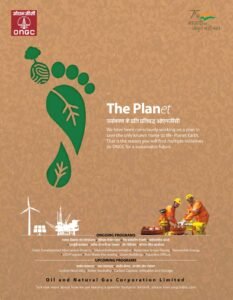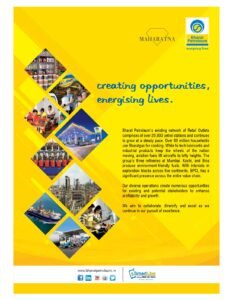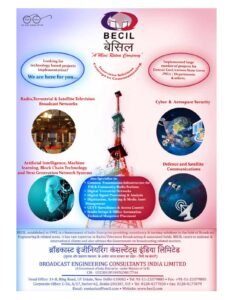
The Prime Minister, Shri Narendra Modi, addressed the India Energy Week 2025 at Yashobhoomi via video message today. He emphasized that the attendees are not just part of the Energy Week, but are also integral to India’s energy ambitions. He extended a warm welcome to all participants, including distinguished guests from abroad, highlighting their crucial role in this event.
Highlighting global perspectives that the 21st century belongs to India, Shri Modi remarked, “India is driving not only its growth but also the growth of the world, with the energy sector playing a significant role”. He emphasized that India’s energy ambitions are built on five pillars: harnessing resources, encouraging innovation among brilliant minds, economic strength and political stability, strategic geography making energy trade attractive and easier, and commitment to global sustainability.
Stressing that the next two decades are crucial for realizing a Viksit Bharat, Shri Modi noted that several transformative milestones will be achieved in the coming five years. He noted that many of India’s energy goals are aligned with the 2030 deadline, including the addition of 500 gigawatts of renewable energy capacity, achieving net zero carbon emissions for Indian Railways, and producing five million metric tons of green hydrogen annually. He acknowledged that these targets may seem ambitious, but the achievements of the past decade have instilled confidence that these goals will be attained.
“India has grown from the tenth largest to the fifth largest economy in the past decade”, remarked Shri Modi. He highlighted that India’s solar energy generation capacity has increased thirty-two times in the last ten years, making it the thirdlargest solar power generating nation in the world. He noted that India’s non-fossil fuel energy capacity has tripled and that India is the first G20 country to achieve the goals of the Paris Agreement. The Prime Minister emphasized India’s achievements in ethanol blending, with a current rate of nineteen percent, leading to foreign exchange savings, substantial farmer revenue, and significant reductions in CO2 emissions. He highlighted India’s goal of achieving a twenty percent ethanol mandate by October 2025.
He remarked that India’s biofuels industry is ready for rapid growth, with 500 million metric tonnes of sustainable feedstock. He further noted that during India’s G20 presidency, the Global Biofuels Alliance was established and is continuously expanding, now involving 28 nations and 12 international organizations. He highlighted that this alliance is transforming waste into wealth and setting up Centers of Excellence.
Shri Modi emphasized that India is continuously reforming policies to maximize its hydrocarbon resources, leading to major discoveries and the expansion of gas infrastructure. As a result, India is witnessing significant growth in its gas sector, with natural gas becoming an increasing part of the energy mix.
India, currently the world’s fourth-largest refining hub, is working to expand refining capacity by 20%. Additionally, India’s vast sedimentary basins hold immense untapped hydrocarbon potential. To attract investment, the Government has introduced, the Open Acreage Licensing Policy (OALP) to facilitate oil and gas exploration, a singlewindow clearance system for streamlined approvals, and amendments to the Oilfields Regulation & Development Act, ensuring policy stability, extended leases, and better financial terms for stakeholders. He emphasized that these reforms will facilitate the exploration of oil and gas resources in the maritime sector, increase production, and maintain strategic petroleum reserves.
With a strong push for Make in India, the Prime Minister highlighted significant opportunities in local energy manufacturing. He noted that India’s solar PV module production capacity has surged from 2 GW to approximately 70 GW in just a decade. The Production Linked Incentive (PLI) scheme has further accelerated the sector, promoting the manufacture of high-efficiency solar PV modules.
“India’s major focus is on Make in India and local supply chains”, exclaimed Shri Modi. He highlighted the significant potential for manufacturing various types of hardware, including PV modules, in India. The Prime Minister noted that India is supporting local manufacturing, with the solar PV module manufacturing capacity expanding from 2 gigawatts to approximately 70 gigawatts in the past ten years. He emphasized that the Production Linked Incentive (PLI) scheme has made the sector more attractive, promoting the manufacturing of high-efficiency solar PV modules.
Highlighting the significant opportunities for innovation and manufacturing in the battery and storage capacity sector, the Prime Minister remarked that India is rapidly advancing towards electric mobility and emphasized the need for swift action to meet the demands of such a large country in this sector.
Shri Modi noted that the current year’s budget includes numerous announcements supporting green energy. He highlighted that the Government has exempted several items related to the manufacturing of EV and mobile phone batteries from basic customs duty. This includes cobalt powder, lithium-ion battery waste, lead, zinc, and other critical minerals. He remarked that the National Critical Minerals Mission will play a crucial role in building a robust supply chain in India. He also highlighted the promotion of the non-lithium battery ecosystem. The Prime Minister emphasized that the current year’s budget has opened the nuclear energy sector, and every investment in energy is creating new jobs for the youth and generating opportunities for green jobs.
“To strengthen India’s energy sector, the Government is empowering the public”, emphasized the Prime Minister. He highlighted that ordinary families and farmers have been made energy providers. He remarked that the PM Suryagarh Free Electricity Scheme was launched last year, and its scope is not limited to energy production. He noted that this scheme is creating new skills in the solar sector, developing a new service ecosystem, and increasing investment opportunities.
Concluding his address, the Prime Minister reiterated India’s unwavering commitment to sustainable energy solutions that drive growth while preserving nature. Expressing confidence that India Energy Week 2025 will yield meaningful outcomes, he encouraged global stakeholders to seize the immense opportunities emerging in India’s dynamic energy landscape. With optimism and resolve, he extended his best wishes to all participants, urging them to be a part of India’s journey towards a cleaner, greener, and more prosperous energy future.



